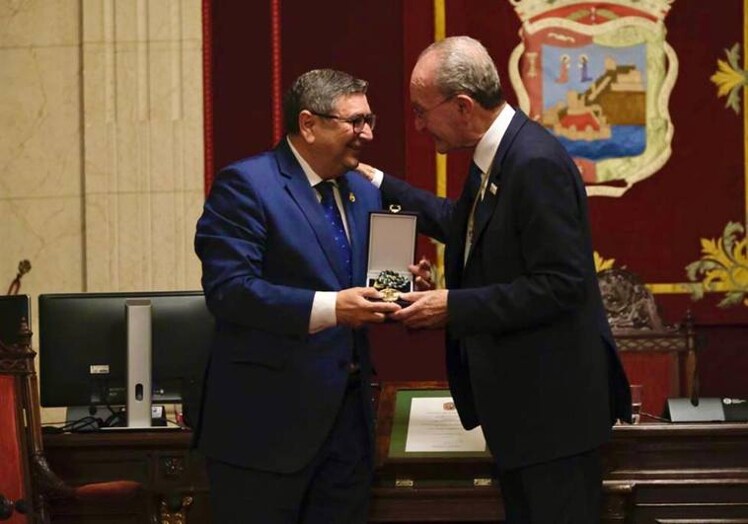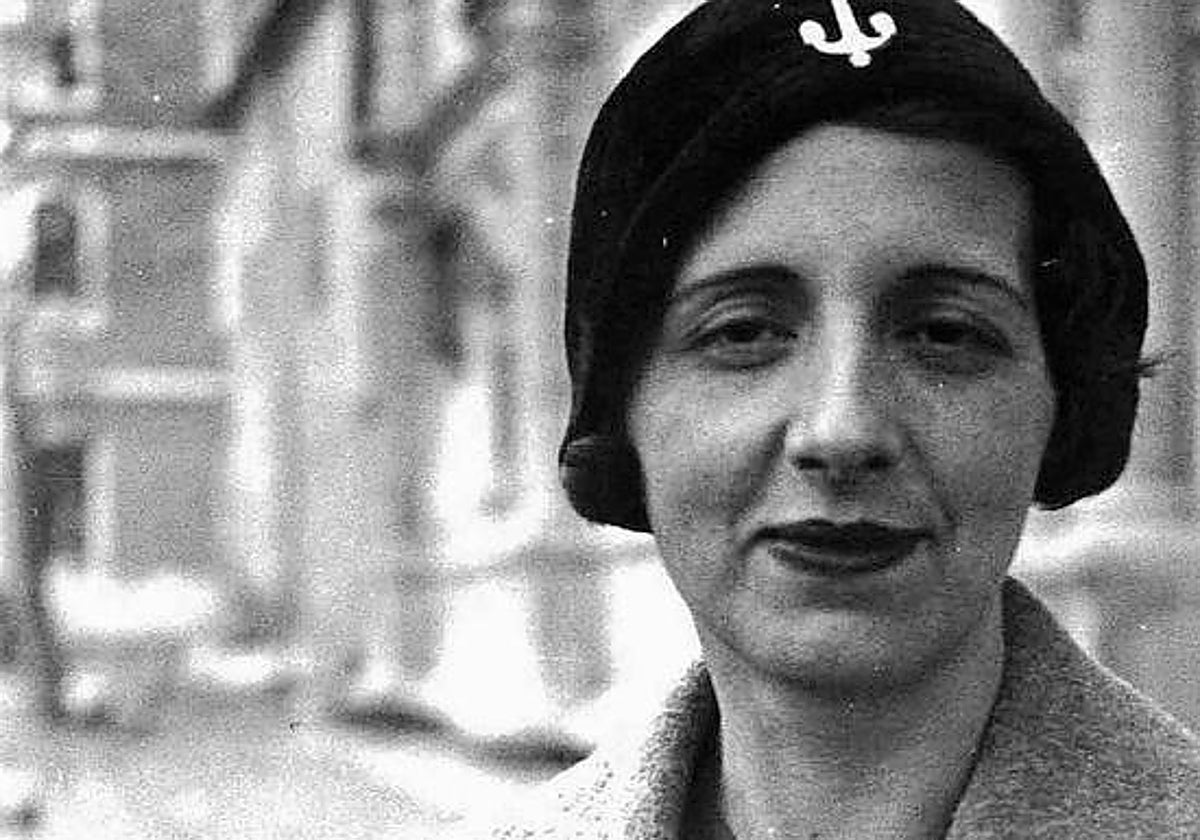City of Malaga medal awarded to Axarquía philosopher
María Zambrano, who was born in Vélez-Málaga, has a train station, schools and parks named after her
The Vélez-Málaga born philosopher, poet and thinker María Zambrano (born Vélez-Málaga, 22 April 1904, died Madrid, 6 February 1991) was awarded a posthumous medal of the City of Malaga award and named ‘favourite daughter’ of the city in a ceremony which took place at Malaga city hall on Monday 20 March.
More than a decade has passed since Malaga city hall and Vélez-Málaga town hall approved an institutional motion in May 2012, signed by all the political parties, to grant this distinction to María Zambrano.
It was hoped that the posthumous title would be awarded on the 30th anniversary of her death, in 2021. However, it finally happened on Monday when she became only the eighth woman to be recognised by Malaga City Council since 1951, compared to more than fifty such distinctions awarded to men.
45 years in exile
During Monday’s ceremony, which was attended by representatives from Malaga city and Vélez-Málaga, mayor of Malaga, Francisco de la Torre talked of the 45 years Zambrano spent in exile from the Civil War until her return to Spain in 1984 when Spain had returned to democracy.
In 1981 she received the Prince of Asturias Award, and in 1988 she would be awarded the Cervantes Prize in 1988.
Zambrano was a "hard-working, reflective and demanding woman" with almost fifty published works, as the Mayor of Vélez-Málaga, Antonio Moreno Ferrer, said. He referred to the town’s María Zambrano Foundation, of which he is President.
Female beacon
He spoke of Zambrano by her first name, María, of whom he said she was a woman well ahead of her time, who in her book 'Persona y democracia' (person and democracy) argued that without democracy it was impossible for people to achieve equality. "If there were already links between Málaga and Vélez, today they are strengthened through the María Zambrano Foundation", Moreno Ferrer said.
He ended his speech with a quote from the philosopher: "Peace is much more than taking a stance, it is an authentic revolution, a way of living, a way of speaking on the planet, of inhabiting it, and a way of being a person".
Manager of the Casa Natal Picasso, José María Luna, said that Zambrano's legacy and thought "has only grown over the years, becoming an obligatory reference for thinkers and poets, and that Federico Mayor-Zaragoza defined her as a "female beacon".

Zoom

María Zambrano Alarcón was born on 22 April 1904 in Vélez-Málaga. In 1905, the family moved to Madrid and a year afterwards to Segovia, where she spent her teenage years.
Zambrano studied under and was influenced by fellow Spanish philosopher and essayist José Ortega y Gasset and went on to teach metaphysics at Madrid University and at the Instituto Cervantes from 1931 to 1936.
During the 1920s and 1930s, she actively campaigned for the establishment of the Spanish Second Republic. She turned down the opportunity to go into politics and with the outbreak of the Spanish Civil War in 1936, Zambrano openly sided with the Republicans and consequently went into exile after Franco and his allies won the war in 1939.
After living in France, Mexico, Cuba, Puerto Rico, Italy, France again and Switzerland, Zambrano finally returned to Madrid in 1984. She died on 6 February 1991 in Madrid and is buried in Vélez-Málaga’s cemetery. Many schools, parks and other public places are named after María Zambrano, most notably Malaga city’s train station.

